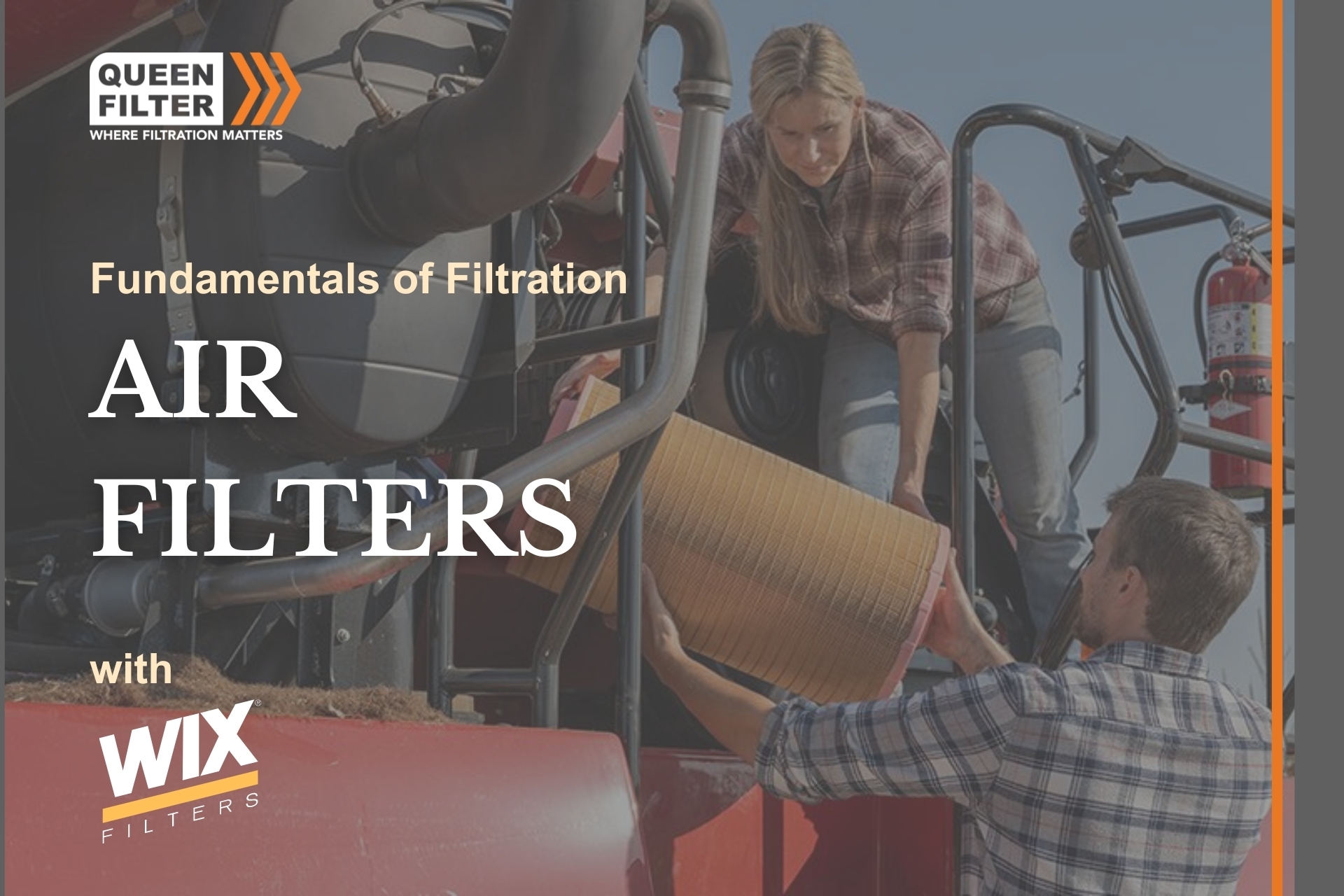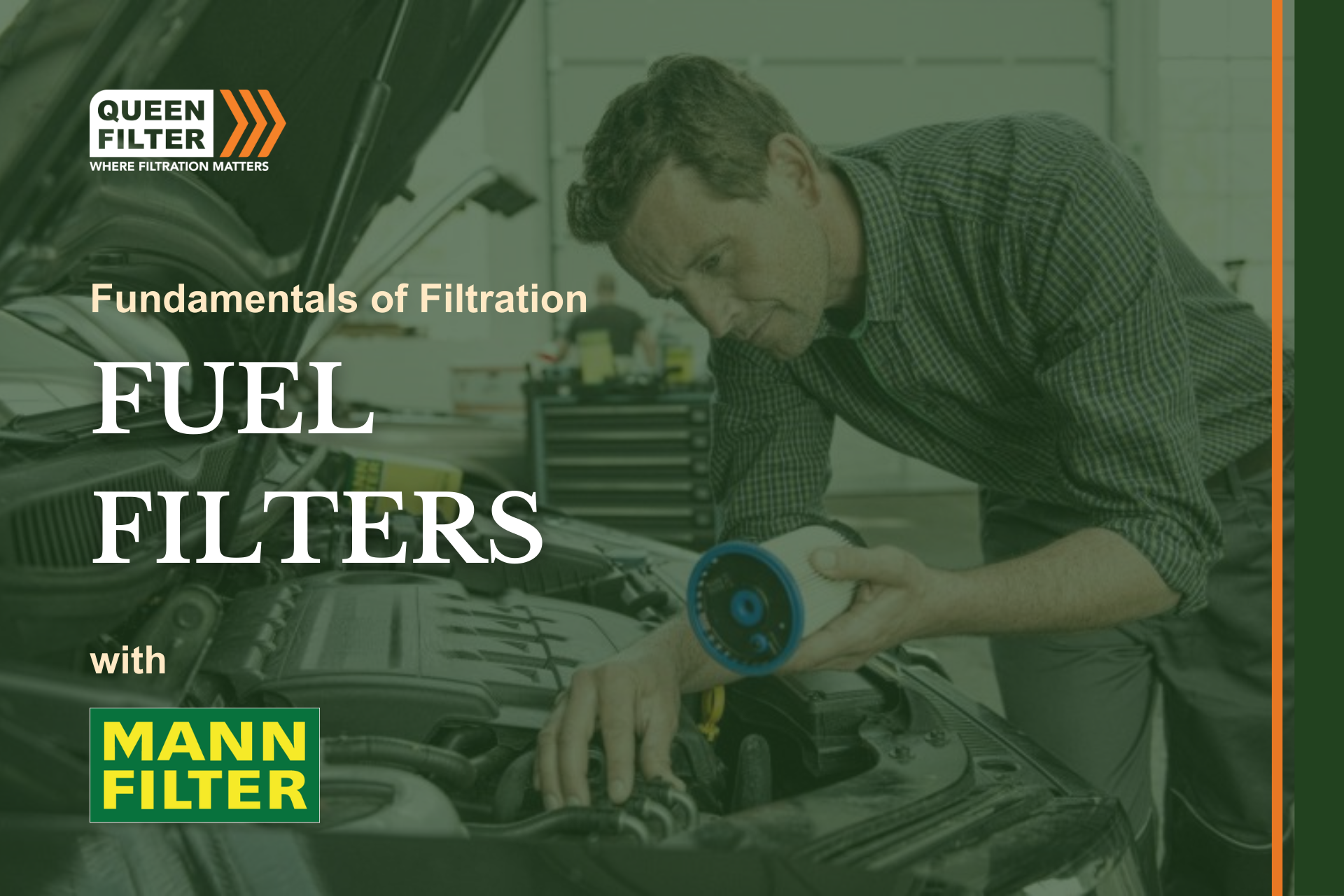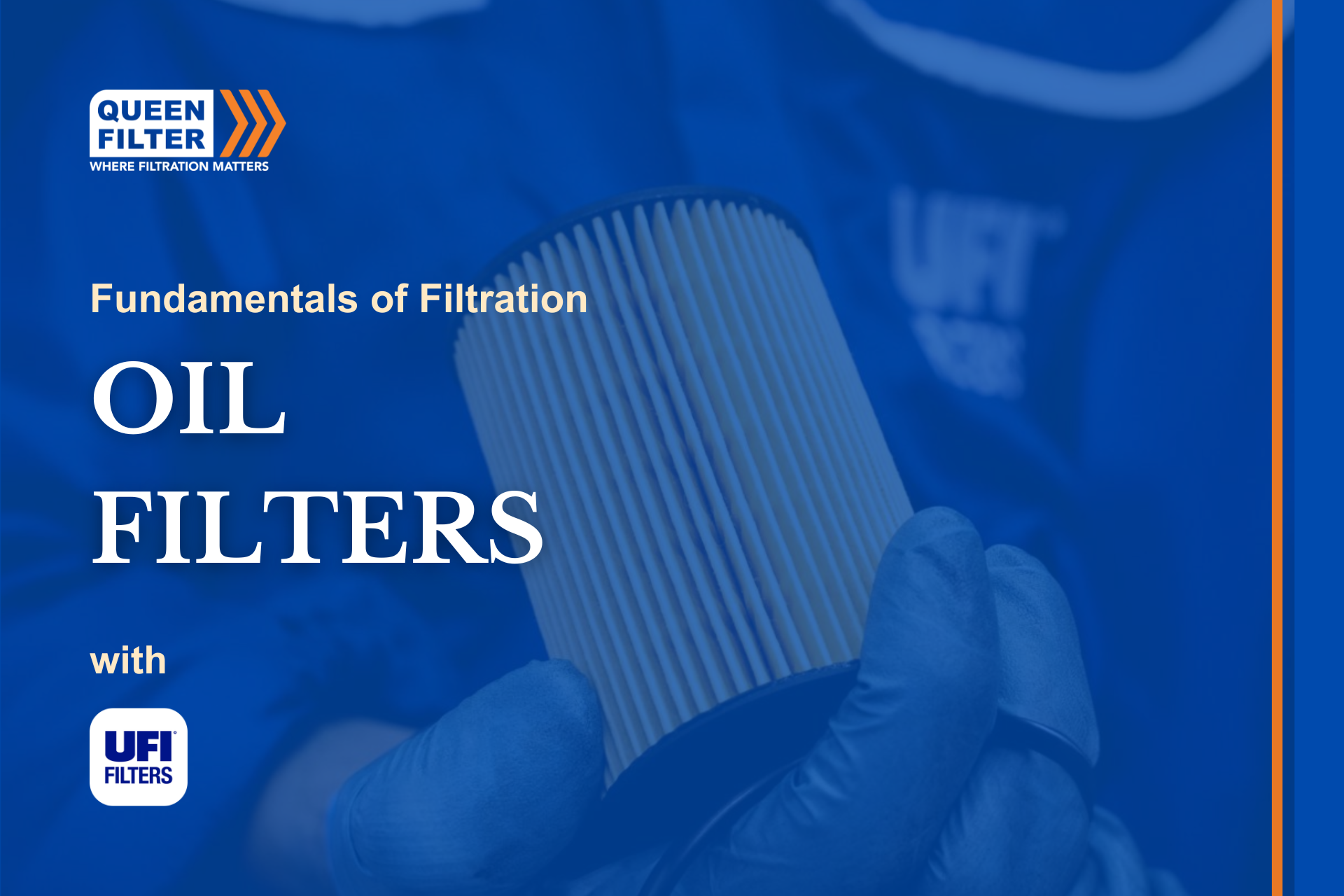
Fundamentals of Filtration – Air Filters
- What is an Air Filter?
An air filter is a device that removes contaminants like dust, pollen, and pollutants from the air. It helps improve air quality and therefore protects systems like HVAC (Heating, ventilation, and air conditioning) units and engines from damage.
- Types of Air Filters:
- HEPA (High-efficiency particulate air) filters are a type of air filter that captures 99.97% of particles that have a size greater than or equal to 0.3 microns (ASME standard). These have many applications, including use in clean rooms for IC fabrication, medical facilities, automobiles, aircraft, and homes.
- Cabin air filters are a type of air filter that is used in the ventilation system of a vehicle to remove dust, pollen, and other pollutants before they enter the passenger compartment. Cabin air filters are also known as passenger compartment filters, pollen filters, or dust filters.
- Heavy-duty air filters are designed for high-volume and harsh conditions, offering superior durability and filtration capacity. They are built to handle intense particulate loads and extended use compared to standard filters.
- Uses of Air Filter
- Protection from Contaminants: Engines often operate in environments with high levels of dust, dirt, and other airborne particles. The air filter prevents these contaminants from entering the engine, which can cause significant wear and tear on engine components
- Improved Engine Performance: Clean air is crucial for efficient combustion. By ensuring that only clean air enters the engine, air filters help maintain optimal engine performance and fuel efficiency
- Extended Engine Life: By filtering out harmful particles, air filters reduce the risk of engine damage and extend the overall lifespan of the engine. This is particularly important for heavy-duty applications where engine reliability is critical
- Reduced Maintenance Costs: Regularly replacing or cleaning air filters can prevent more severe engine issues, leading to lower maintenance costs over time. This is especially beneficial for commercial vehicles and machinery that are in constant use
- Compliance with Emission Standards: Air filters help engines run more efficiently, which can contribute to lower emissions. This is important for meeting environmental regulations and standards.
- WIX Air Filters:
WIX Air Filters are well known for their high-performance filtration, offering reliable protection against contaminants and extending the life of engines and HVAC systems. They are designed to meet or exceed OEM specifications, ensuring optimal air quality and engine efficiency.
Stay tuned for more insightful content coming your way!


